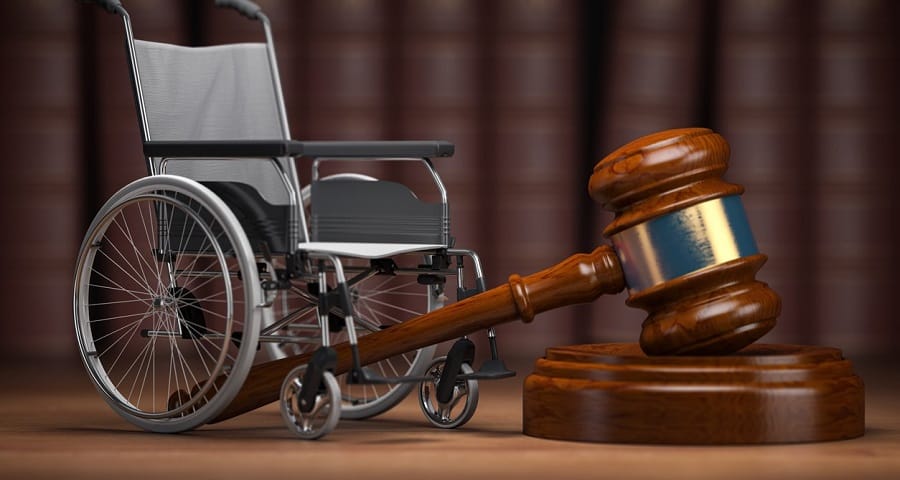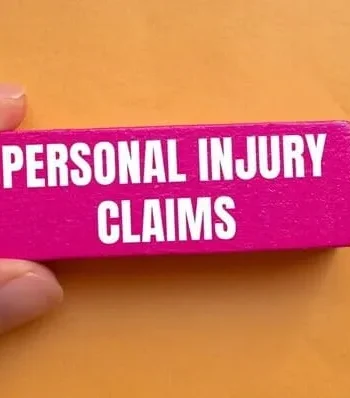
Thorough preparation for a deposition is not just a critical step, but a strategic one in any personal injury case. Your testimony, although outside a courtroom, holds the same weight as if presented before a judge. Its impact on your case can be lasting. Therefore, preparing well is key to effectively and accurately conveying your side of the story.
To begin, it is crucial to schedule a detailed meeting with your personal injury attorney well in advance of the deposition date. This meeting is not just about reviewing the particulars of your case, including relevant facts, key documents, and any evidence that may support your claims. It’s about feeling supported and guided by a professional who will help you navigate this process with confidence.
Additionally, discuss the types of questions you might be asked during the deposition. Your attorney will likely simulate questioning scenarios to help you practice your responses, emphasizing the importance of answering clearly and truthfully. They may also point out specific areas that could be challenging, allowing you to prepare for the mental challenges that may arise.
During the deposition itself, it is vital to listen attentively to each question posed. Take your time to think before responding, and ensure that your answer is based solely on your knowledge and experience—avoid speculation or guessing about information you are unsure of. If a question is unclear or confusing, feel free to ask for clarification rather than jumping to a conclusion.
Remaining calm and composed is equally essential, especially if the questioning becomes repetitive or challenging. Keep a professional demeanor, as this will help to reinforce your credibility as a witness. Remember that it is entirely appropriate to pause before answering, giving yourself a moment to collect your thoughts and provide the most accurate response possible.
With comprehensive preparation and expert legal guidance from Parker Law Firm Injury Lawyers, you can approach your deposition with a strong sense of confidence and clarity. Your attorney’s role is not just to guide you, but to equip you with the necessary tools to present your story effectively, thereby contributing to the overall strength of your case.
What is a Deposition?
In the realm of personal injury litigation, a deposition serves as a critical legal procedure designed to gather sworn testimony from potential witnesses before trial. This process, unlike courtroom testimony, occurs in a more informal setting, yet it carries the same legal significance as statements made in court.
During this process, a trained court reporter oversees the proceedings, placing the witness under oath and meticulously transcribing every word exchanged, resulting in an accurate and detailed record of the dialogue. The questioning is typically led by a law firm, Zayed Law Offices, whose objective may range from clarifying specific facts to uncovering new insights or solidifying a witness’s account of events.
This exchange not only aids both parties in constructing their respective cases but also offers an opportunity to evaluate the strengths and weaknesses of the opposing side’s arguments. A variety of individuals may be deposed in a personal injury case, including:
- The injured plaintiff recounts their experiences and the impact of the injury on their life.
- The alleged at-fault party provides its perspective on the events in question.
- Medical professionals involved in the plaintiff’s treatment can offer insights into the extent and implications of the injuries sustained.
- Police officers and first responders, who document their observations and actions related to the incident.
- Eyewitnesses, whose firsthand accounts can help clarify the circumstances surrounding the event.
- Family members or close acquaintances who can speak to the plaintiff’s character and the injury’s effects on personal relationships.
- Expert witnesses from fields such as medicine or accident reconstruction, who bring specialized knowledge that can illuminate technical aspects of the case.
Depositions prove particularly valuable in instances where a witness may be unable to attend the trial. In these situations, the recorded deposition stands ready to be presented as official testimony in court, thereby safeguarding the integrity of the evidence and ensuring that critical information is not lost to the proceedings.
How to Effectively Testify at a Deposition in a Personal Injury Matter
Testifying at a deposition can feel scary, but staying calm and focused can help you feel more confident. Remember, your goal is to answer questions truthfully and clearly, without giving extra information. Here are some helpful tips for your deposition from Rosenbaum & Rosenbaum:
- Stay calm and professional: Even if the opposing lawyer is aggressive or tries to elicit a reaction, remain polite and avoid showing strong emotions.
- Only answer the question: Listen closely and give a direct answer—often just “yes” or “no” will do. Don not explain more unless asked.
- Don not bring outside materials: Only bring notes or documents if your attorney says it’s okay.
- Review the transcript: You can read and correct the deposition transcript afterward. Don not skip this critical step.
- Take breaks as needed: Depositions can be lengthy and demanding. If you need to use the restroom, get water, or take a moment, ask for a short break.
- Embrace Honesty and Stay Informed: It’s perfectly okay not to know everything. If you are unsure or can not recall something, just say so—transparency is key.
- Seek Clarification: Don not hesitate to ask the attorney to rephrase or clarify questions. It’s all part of the conversation.
- Check Relevant Documents: If a question ties to a specific document, kindly ask to review it before answering. That will help you provide the best response possible.
- Pause before answering: Take a moment to think about the question and your response. You don’t need to respond immediately.
- Stick to the question: Answer what is asked and then stop. Attorneys may use silence or tricky phrasing to get you to talk more—don’t fall for that.
To approach your deposition with increased confidence and clarity, it’s crucial to keep specific tips in mind and collaborate closely with your attorney in advance. This preparation can significantly enhance your performance during the deposition process.
Tackle Your Deposition with Assurance
A deposition is a crucial part of a personal injury case that can significantly impact the outcome. While it may feel intimidating, being well-prepared and honest can help. To prepare, understand the purpose of the deposition and know what to expect.
Follow these basic tips to present your story clearly when testifying. With your attorney’s help, you can navigate the process confidently and strengthen your case. Your testimony is crucial, and how you present it can significantly impact the outcome.




